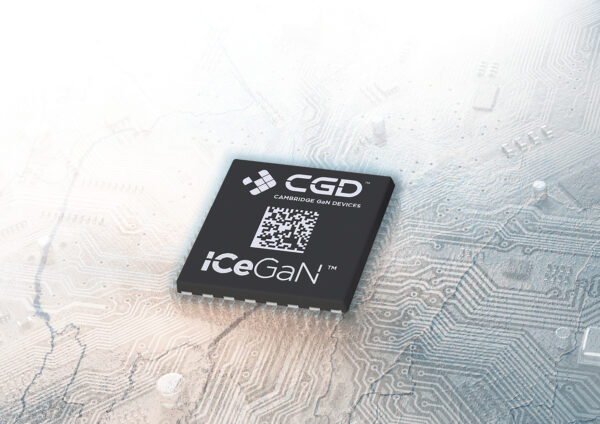CGD first to include individual GaN chip 2D barcodes that can be read by a commercial code reader, enabling IC manufacturing position on a wafer to be identified
Cambridge, UK – Cambridge GaN Devices (CGD), the fabless, clean-tech semiconductor company that develops a range of energy-efficient GaN-based power devices to make greener electronics possible, is demonstrating its commitment to innovation with another industry first: the incorporation of an individual 2D barcode on a GaN IC, which can be read by a standard, commercial code reader. This not only enables CGD to scan packaged devices and identify the circuit and the batch, but also to learn exactly whereabouts on the wafer each individual die was made. This is of great significance in providing vital data concerning process ruggedness and reliability.
Zahid Ansari | VP operations, CGD
|
The ability to immediately identify a device using a cheap, commercial barcode reader also has huge implications for speeding up anti-counterfeiting measures, which will be of great interest to companies operating in hi-rel fields.
Giorgia Longobardi | CEO, CGD
|















